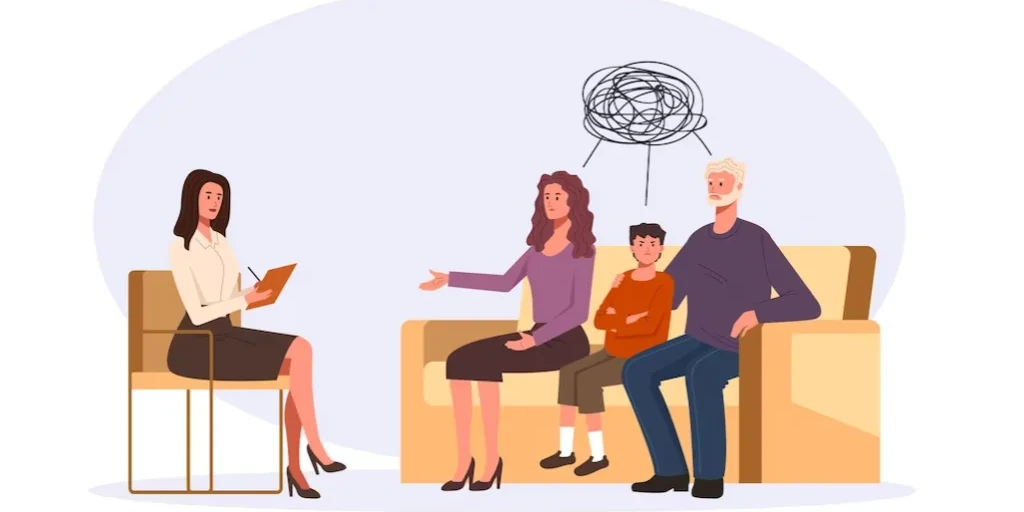24/7 Helpline:
(866) 899-111424/7 Helpline:
(866) 899-1114
Learn more about PTSD Rehab centers in Beaverton
PTSD Rehab in Other Cities

Other Insurance Options

Kaiser Permanente

Health Net

Humana

Molina Healthcare

MHNNet Behavioral Health

Magellan

Anthem

Medical Mutual of Ohio

Holman Group

ComPsych

Aetna

Cigna

Ambetter

AllWell
Beacon

Meritain

State Farm

Evernorth

Oxford

American Behavioral

Sequoia Mental Health Services
Sequoia Mental Health Services is a behavioral health rehab facility in Beaverton, OR for men and wo...

Western Psychological and Counseling Services – Building B
Western Psychological and Counseling Services provides mental health and substance abuse outpatient ...

Western Psychological and Counseling Services – Building A
Western Psychological and Counseling Services provides mental health and substance abuse outpatient ...

Cornell West
Cornell West is an outpatient facility that offers mental health treatment for individuals, couples,...











Central Michigan Counseling
Central Michigan Counseling is a private rehab located in Beaverton, Michigan. Central Michigan Coun...

Center of Excellence in Co Occurring Medicine
Center of Excellence in Co Occurring Medicine is a private rehab located in Beaverton, Oregon. Cente...

ChangePoint
ChangePoint is a private rehab located in Beaverton, Oregon. ChangePoint specializes in the treatmen...

Youth Contact
Youth Contact is a private rehab located in Beaverton, Oregon. Youth Contact specializes in the trea...








